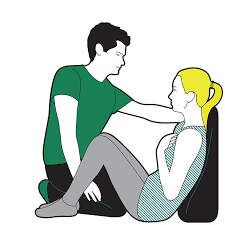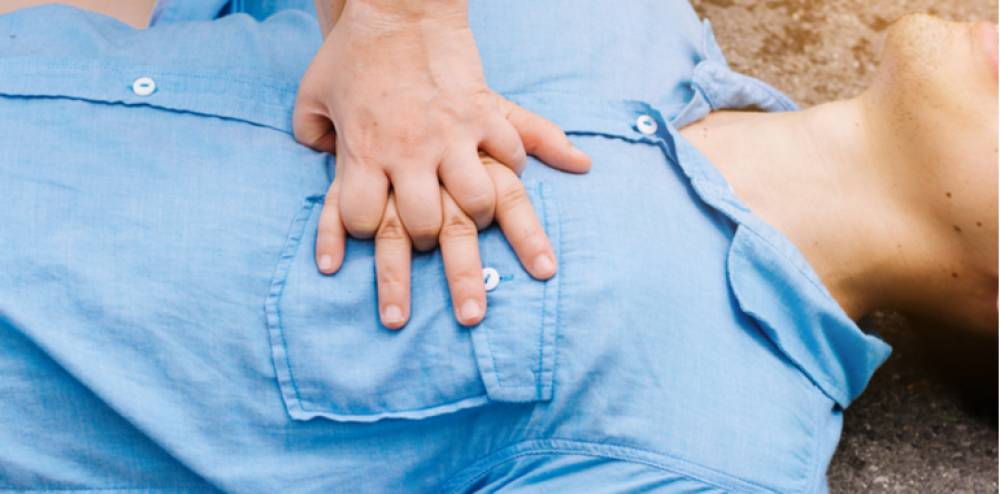A heart attack is an emergency. The average person waits 3 hours before seeking help for the symptoms of a heart attack. Many of the patients with heart attacks die before reaching a hospital. The faster the person arrives in the emergency room, the more likely they are to survive. Timely medical treatment reduces the magnitude of heart damage.


This article addresses what to do if you think someone may be having a heart attack.
Symptom
Symptoms of a heart attack may vary from person to person. They can also be mild or intense. Women, the elderly and diabetics are more likely to have subtle or unusual symptoms.
Symptoms in adults may include:
- Changes in mental status, particularly in older adults.
- Chest painthat feels like pressure, compression or fullness. More often, the pain is located in the center of the chest. It can be felt in the jaw, shoulder, arms, back and stomach. It can last for more than a few minutes or be intermittent.
- Cold sweat.
- Nausea (more common in women).
- Numbness, pain or tingling in the arm (usually the left but the right arm may be affected individually or in conjunction with the left arm).
- Difficulty breathing.
- Weakness or fatigue, particularly in older adults and women.
First aid
If you believe someone is having a heart attack:
- Make the person sit, rest and try to stay calm.
- Loosen any tight fitting garment.
- Ask your doctor if you are taking chest pain medications such as nitroglycerin for a known heart disease and help you take it.
- If pain does not go away quickly with rest or within 3 minutes after taking nitroglycerin, seek emergency medical help.
- If the person is unconsciousand does not react, call the local emergency number.
- If a baby or child is unconscious and unresponsive, administer CPR for 1 minute and then call the emergency number.
Do not
- DO NOT leave the person alone, except to ask for help if necessary.
- DO NOT allow the person to deny the symptoms and convince you not to seek emergency help.
- DO NOT wait to see if the symptoms disappear.
Prevention
Adults should, as far as possible, take steps to control the risk factors for heart disease.
- If you smoke, stop smoking, as smoking more than doubles your chance of getting heart disease.
- Maintain good control of your blood pressure, cholesterol and diabetes, and follow the orders of your health care provider.
- Lose weight if you are obeseor overweight.
- Exercise regularly to improve your health. (Talk to your provider first before starting any new fitness program.)
- Eat a heart healthy diet. Your provider can help you tailor a specific diet for your needs.
- Limit the amount of alcohol you consume. One drink per day is associated with reducing the rate of heart attacks, but taking two or more drinks a day can cause heart damage and lead to other health problems.
Also Read: How to get rid of hair loss

